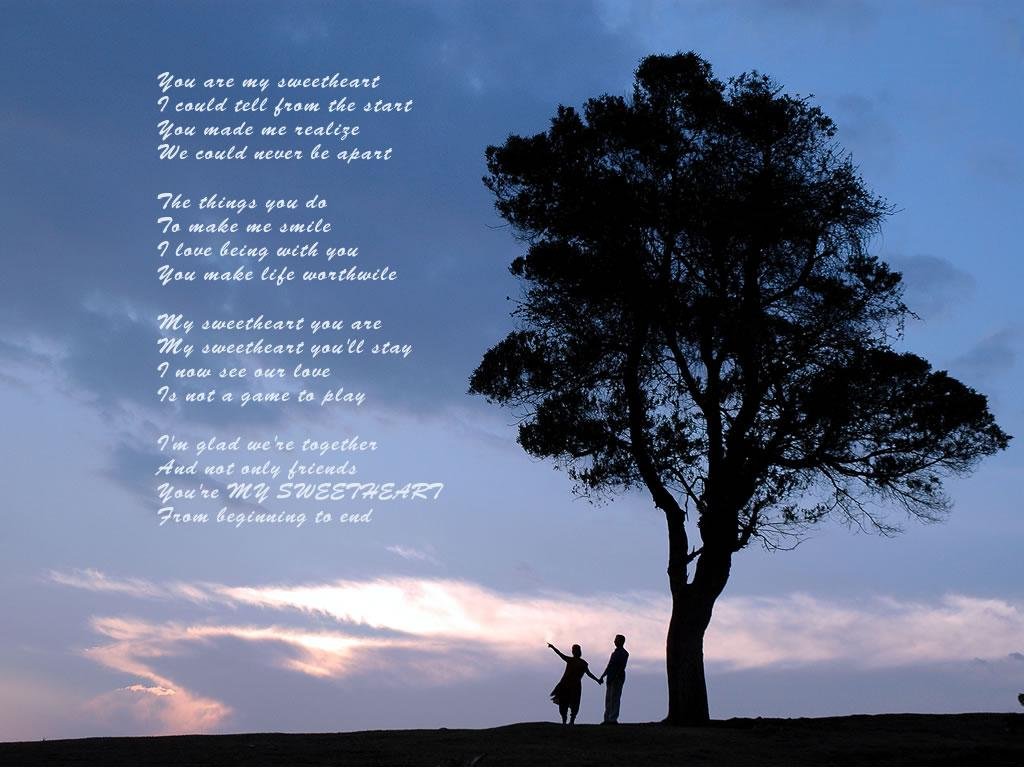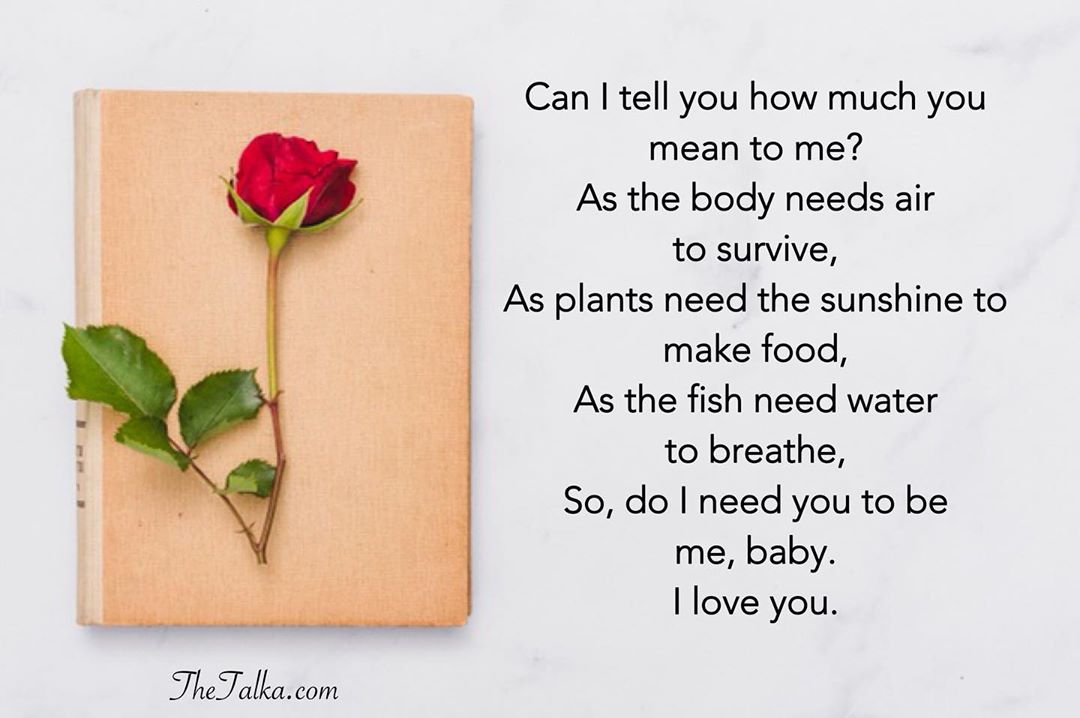

The oldest surviving epic poem, the Epic of Gilgamesh, dates from the 3rd millennium BCE in Sumer (in Mesopotamia, present-day Iraq), and was written in cuneiform script on clay tablets and, later, on papyrus. Others, however, suggest that poetry did not necessarily predate writing. Some scholars believe that the art of poetry may predate literacy, and developed from folk epics and other oral genres. Main articles: History of poetry and Literary theory Early works This concept differentiates the speaker (character) from the poet (author), which is usually an important distinction: for example, if the poem runs "I killed a man in Reno", it is the speaker who is the murderer, not the poet himself. In many poems, the lyrics are spoken by a character, who is called the speaker.

Poets have contributed to the evolution of the linguistic, expressive, and utilitarian qualities of their languages.Ī Western cultural tradition (extending at least from Homer to Rilke) associates the production of poetry with inspiration – often by a Muse (either classical or contemporary). In an increasingly globalized world, poets often adapt forms, styles, and techniques from diverse cultures and languages. Much modern poetry reflects a critique of poetic tradition, testing the principle of euphony itself or altogether forgoing rhyme or set rhythm. There are, however, traditions, such as Biblical poetry, that use other means to create rhythm and euphony. Readers accustomed to identifying poetry with Dante, Goethe, Mickiewicz, or Rumi may think of it as written in lines based on rhyme and regular meter. Some poetry types are unique to particular cultures and genres and respond to characteristics of the language in which the poet writes. Kindred forms of resonance may exist, between individual verses, in their patterns of rhyme or rhythm. Similarly, figures of speech such as metaphor, simile, and metonymy establish a resonance between otherwise disparate images-a layering of meanings, forming connections previously not perceived. The use of ambiguity, symbolism, irony, and other stylistic elements of poetic diction often leaves a poem open to multiple interpretations. Devices such as assonance, alliteration, onomatopoeia, and rhythm may convey musical or incantatory effects. Poetry uses forms and conventions to suggest differential interpretations of words, or to evoke emotive responses. Later attempts concentrated on features such as repetition, verse form, and rhyme, and emphasized the aesthetics which distinguish poetry from more objectively-informative prosaic writing. Ancient Greek attempts to define poetry, such as Aristotle's Poetics, focused on the uses of speech in rhetoric, drama, song, and comedy. The earliest surviving Western Asian epic poetry, the Epic of Gilgamesh, was written in Sumerian.Įarly poems in the Eurasian continent evolved from folk songs such as the Chinese Shijing, as well as religious hymns (the Sanskrit Rigveda, the Zoroastrian Gathas, the Hurrian songs, and the Hebrew Psalms) or from a need to retell oral epics, as with the Egyptian Story of Sinuhe, the Indian epic poetry, and the Homeric epics, the Iliad and the Odyssey. Some of the earliest written poetry in Africa occurs among the Pyramid Texts written during the 25th century BCE.

It dates back at least to prehistoric times with hunting poetry in Africa and to panegyric and elegiac court poetry of the empires of the Nile, Niger, and Volta River valleys. Poetry has a long and varied history, evolving differentially across the globe. A poem is a literary composition, written by a poet, using this principle.

Poetry (derived from the Greek poiesis, "making"), also called verse, is a form of literature that uses aesthetic and often rhythmic qualities of language − such as phonaesthetics, sound symbolism, and metre − to evoke meanings in addition to, or in place of, a prosaic ostensible meaning.


 0 kommentar(er)
0 kommentar(er)
